New York, Sept 29 (V7N) - The United Nations has reinstated sweeping sanctions on Iran for the first time in nearly a decade, after the United Kingdom, France, and Germany activated the “snapback” provision of the 2015 nuclear deal, officially known as the Joint Comprehensive Plan of Action (JCPOA). The move, effective from Sunday night, renews international pressure on Tehran amid growing concerns over its nuclear program.
The sanctions cover a wide range of restrictions, including an arms trade ban, travel limitations on senior officials, the freezing of foreign assets, and tight banking curbs that further cut Iran’s access to global financial markets. Experts say the measures will strike at the heart of Iran’s struggling economy, worsening inflation and unemployment.
Already, the Iranian rial has plummeted to a historic low, trading at 1.3 million per U.S. dollar in Tehran’s open market. Traders report soaring prices of imported essentials such as food and medicine, leaving ordinary citizens increasingly desperate. “Each rise in the dollar means another burden for families. People can no longer keep up,” said a Tehran shopkeeper.
The sanctions also pose a significant threat to Iran’s oil exports, its key revenue source, as international buyers face mounting difficulties in arranging payments through restricted financial channels. Analysts warn that Tehran may resort to black-market trading or deepen ties with non-Western powers like Russia and China to bypass restrictions.
Western leaders defended the decision, citing Iran’s repeated violations of nuclear limits under the JCPOA and its curtailment of international inspections. “This is a necessary step to prevent further nuclear escalation and ensure global security,” said a joint statement from London, Paris, and Berlin.
Iran has condemned the sanctions as “illegal and politically motivated,” accusing the West of undermining diplomacy. Tehran warned that such measures could trigger instability across the Middle East.
The United States, which withdrew from the JCPOA under the Trump administration in 2018, welcomed the reimposition of sanctions. A State Department spokesperson said Washington would continue to work with allies to block Iran’s “destabilizing activities” in the region. The U.S. has also signaled increased military coordination with Gulf states to counter potential threats from Tehran or its proxies.
Geopolitical observers say the renewed sanctions may escalate tensions in the Persian Gulf, where U.S. and Iranian forces have had repeated encounters in recent years. There are also concerns that Hezbollah in Lebanon, Houthi rebels in Yemen, and other Iran-linked groups could step up their activities in response.
For now, ordinary Iranians bear the brunt of the crisis. With the economy in freefall and international isolation deepening, pressure on Tehran’s leadership is mounting both at home and abroad.
END/UN/SMA/



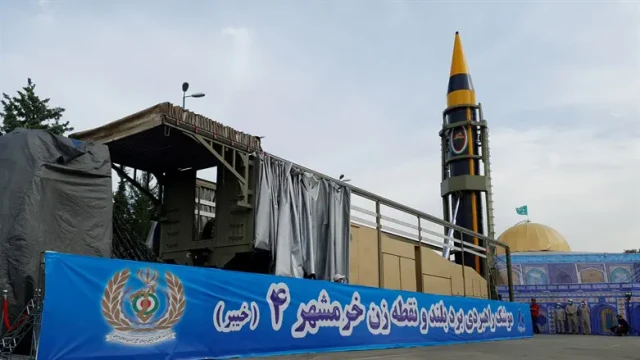
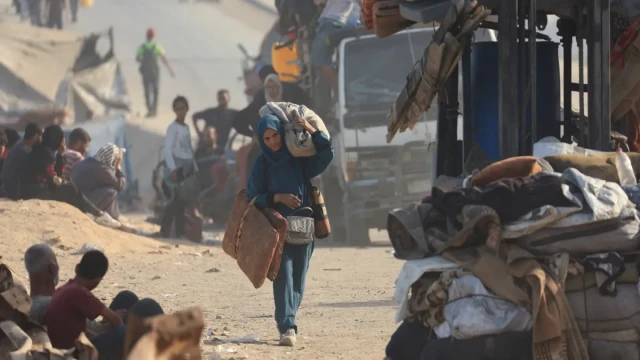
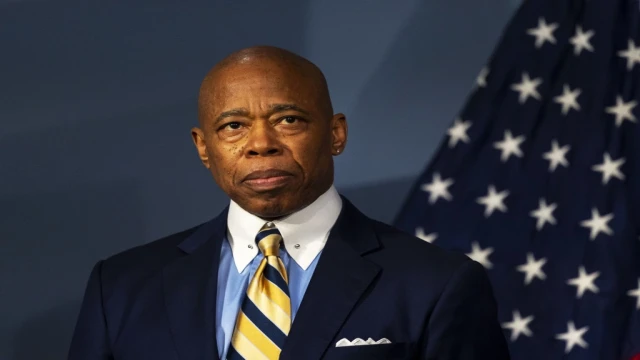
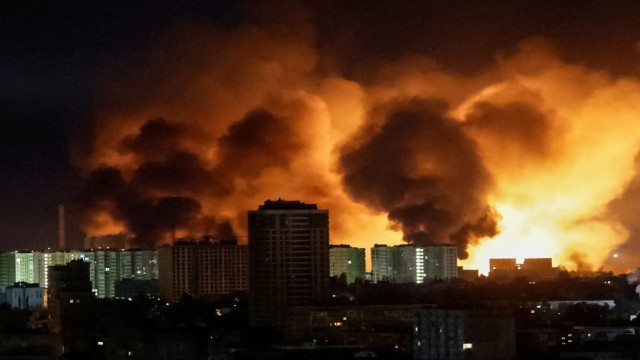
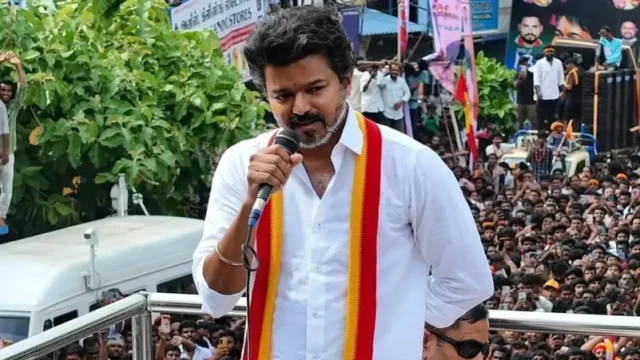
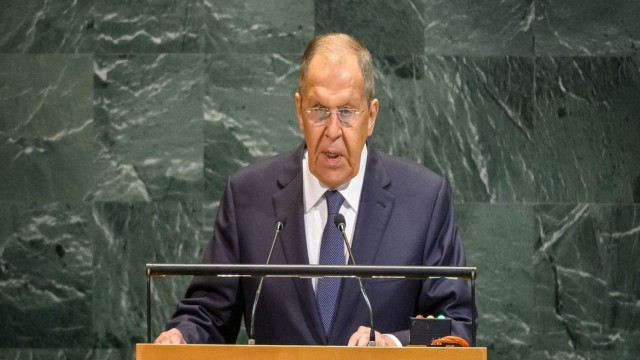
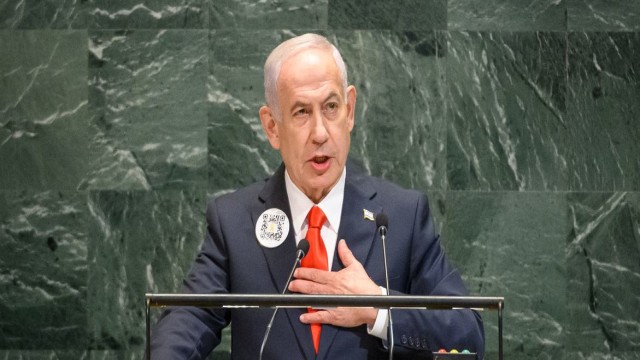
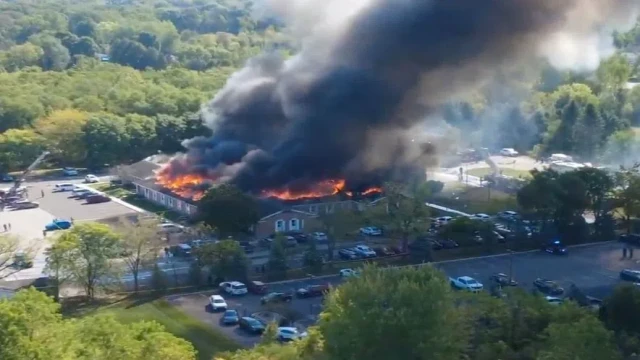

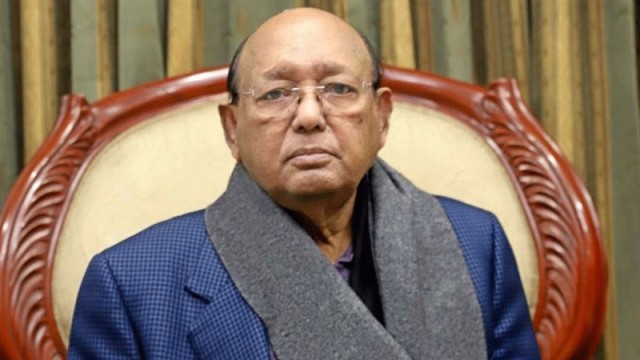
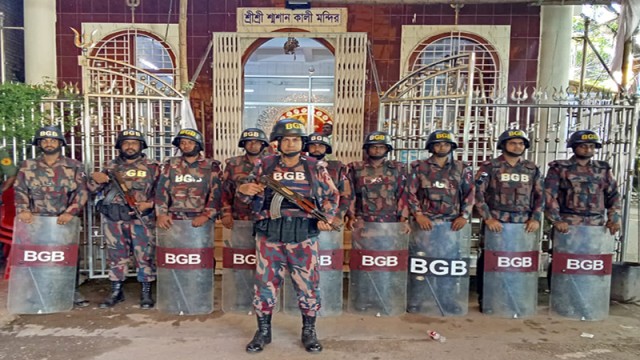




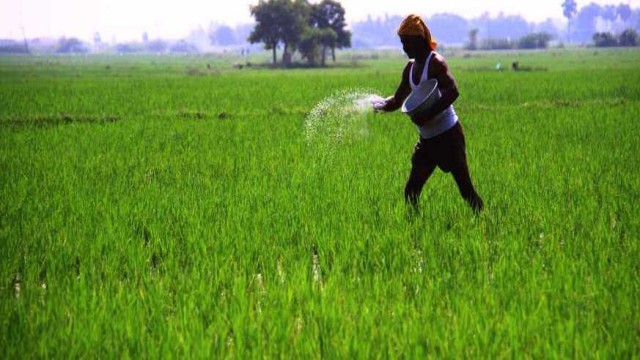
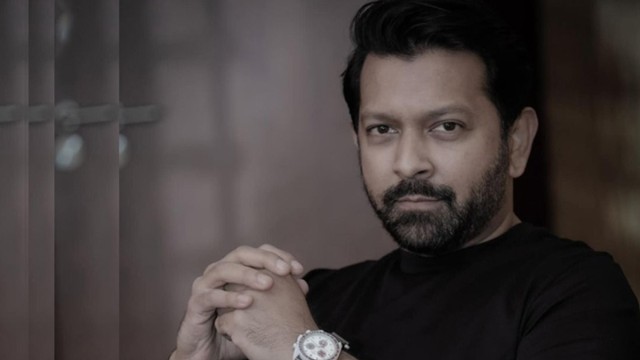
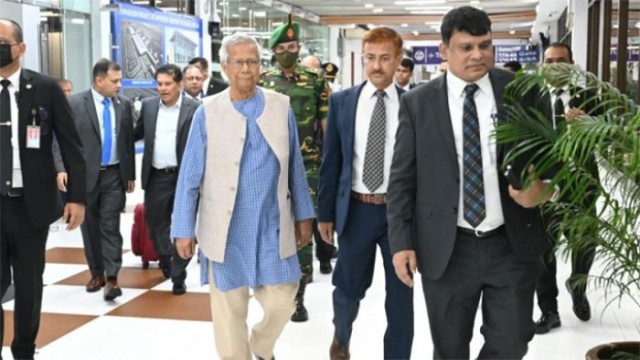
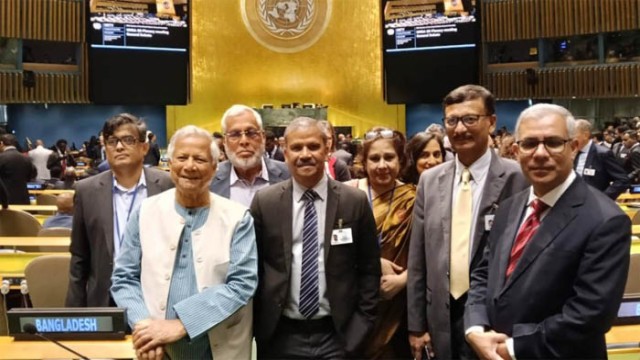
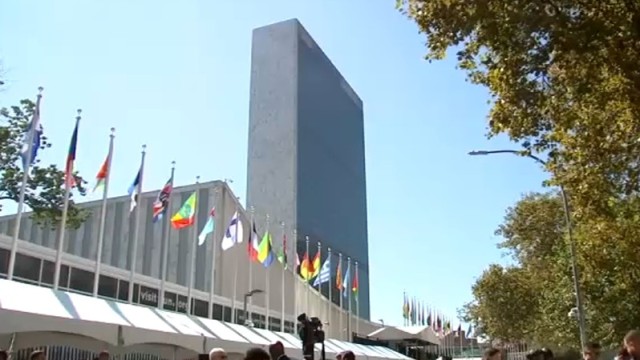
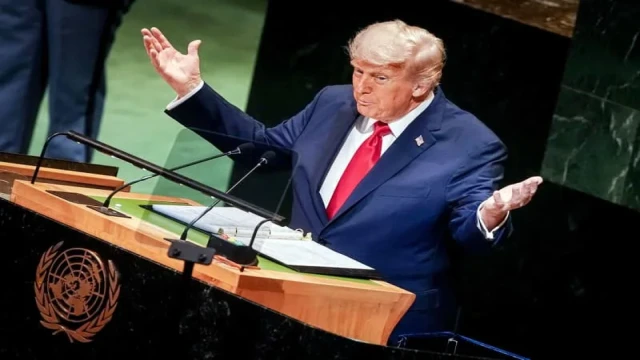
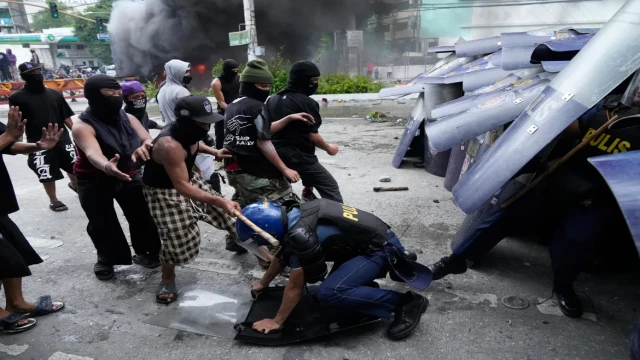
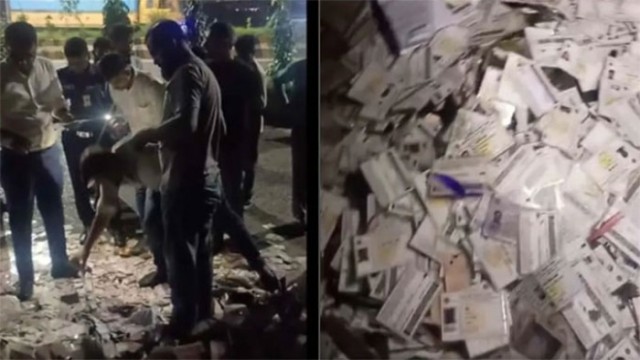
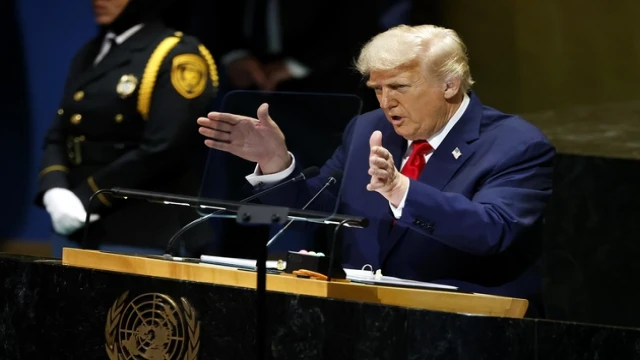
Comment: